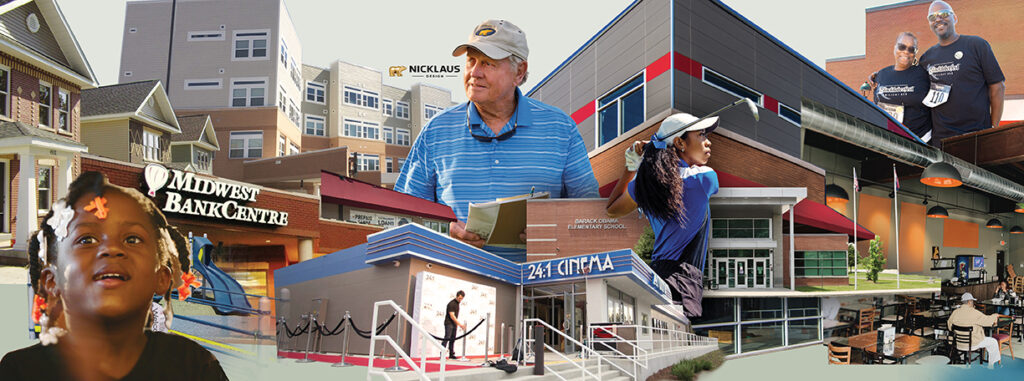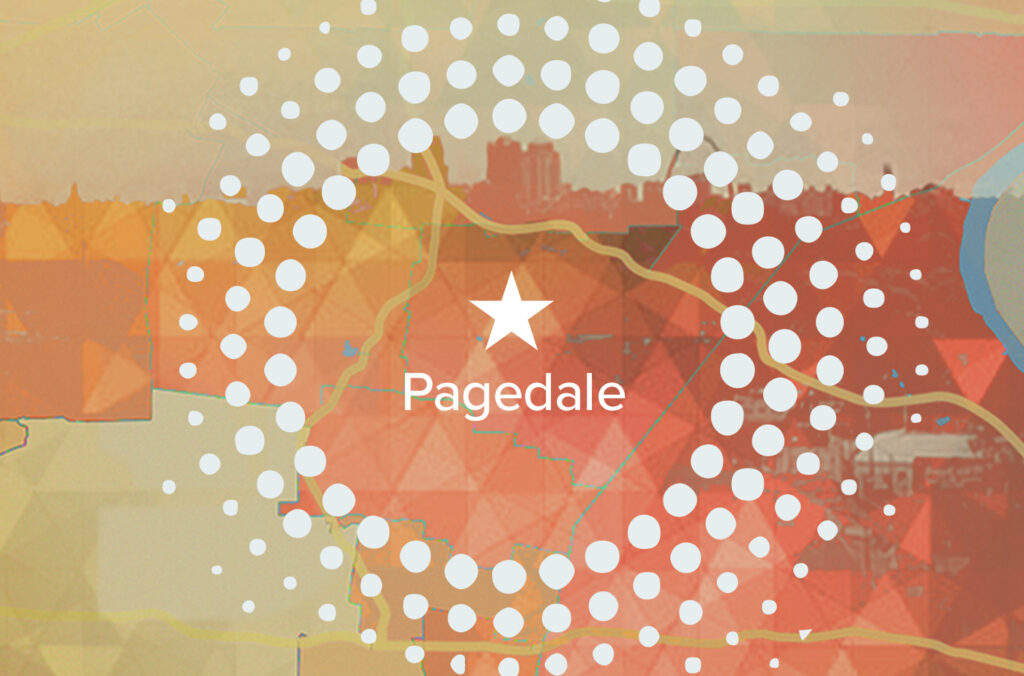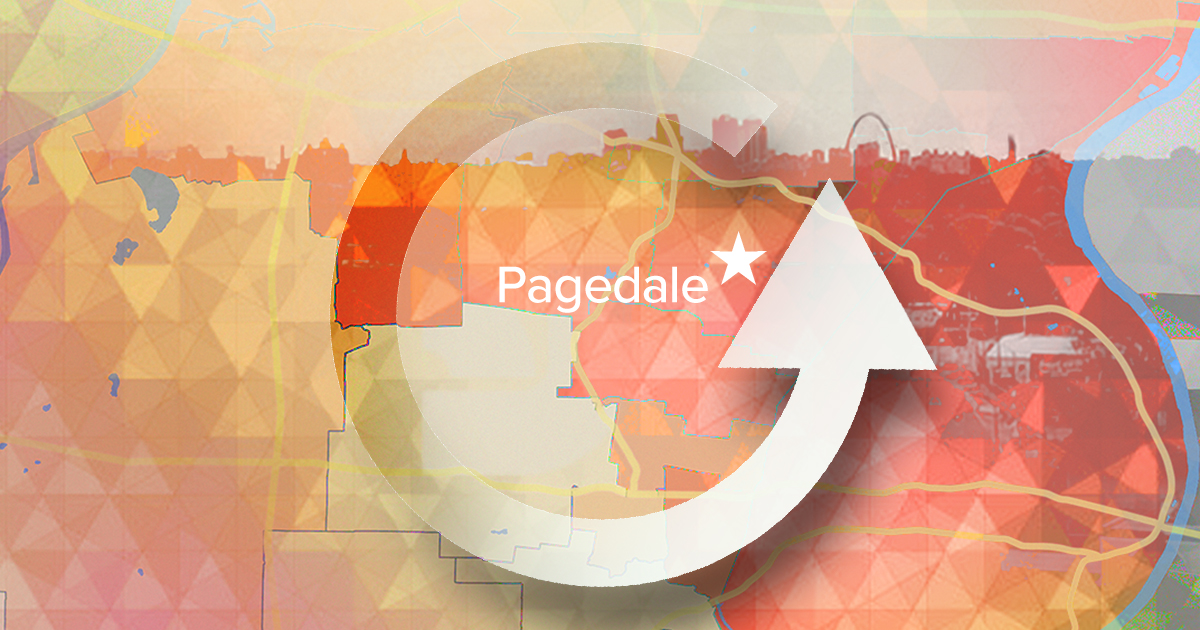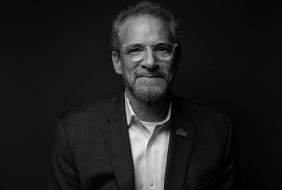Beyond Housing CEO Chris Krehmeyer writes how Pagedale’s revitalization provides a path forward for the greater region
There is a strong cause-and-effect relationship between the high concentrations of poverty within our under-resourced communities and the greater St. Louis region’s many challenges.
A wealth of studies published by Washington University in St. Louis, University of Missouri-St. Louis, Greater St. Louis Inc., and others clearly show that what happens in our under-resourced communities impacts the prosperity and well-being of the greater region in a myriad of ways including:
- Slow economic growth
- Declining population
- Troubling crime rates
- Failing schools
- Difficulty competing with other metro areas for talent, jobs, and opportunities to spur growth
While it’s true that we have significant challenges, our tendency to focus on the negatives often overshadows what is going right. As my friend Amy Shaw of Nine PBS stated at the Once and for All Speaker Series hosted by Beyond Housing, watching the first five minutes of the nightly news would make you think that St. Louis is the capital of violence and mayhem—which paints a distorted and incomplete picture of what is really happening in our community.
It’s also worth noting that we’ve had these same challenges for decades. The question is, what are we doing about them?
Many often point to the significant revitalization efforts in Detroit and how that city is changing its narrative.
While there is much to learn from Detroit, there’s another comeback story in the making right in our own backyard.
At Beyond Housing, we believe the work taking place in Pagedale and the surrounding communities within the Normandy schools footprint—known as the 24:1 Community—provides a blueprint for moving all of St. Louis forward. And that this effort can be replicated in other under-resourced communities like North St. Louis City.
Like Detroit, this comeback story in North St. Louis County is more of a work in progress than a finished product. But there are enough signs and data that show something is taking place here that warrants our region’s attention.

Reversing Decades of Decline
The intersection of Page and Ferguson Avenues in the City of Pagedale looks far different today than in 2010.
Back then, this intersection and stretch of the Page Avenue commercial corridor running east and west would be hard to distinguish from many areas of decline within North St. Louis County or North St. Louis City.
Today, this once semi-barren strip, now called The Page, is home to a four-screen, 375-seat cinema, Midwest BankCentre, Affinia Healthcare, BJC HealthCare center, Rosie Shields senior living center, an office building that is home to the newly expanded Goss’Up Pasta restaurant, and Carter Commons—a $6.5 million development that includes a food hall along with retail and several minority-owned businesses.
Since launching a comprehensive community development initiative in 2010, Beyond Housing and our partners have raised and invested more than $175 million in the 24:1 Community.
In Pagedale alone, 100 new affordable homes have been built, hundreds more have been rehabbed, and, thanks to BJC HealthCare and others, we are set to break ground on 36 additional new homes near The Page town center.
The transformation also extends beyond the physical. Research shows that children who grow up in poverty are much more likely to live in poverty as adults. The families renting these affordable housing units also benefit from a holistic suite of services to strengthen their self-sufficiency and break the cycle of intergenerational poverty.
Here are some of the positive trends we have seen:
- Pagedale has become a more desirable place to live. Residential property sale values in Pagedale have increased from $12 per square foot in 2013 to $56 per square foot in 2022, according to MLS data—a 338% increase.
- The Missouri Department of Revenue reports an increase in taxable commercial sales from $22,900,046 in 2010 to $32,634,217 in 2022.
- The number of businesses in Pagedale, as reported by the Missouri Department of Revenue, has increased significantly, from 140 in 2010 to 489 in 2022.
- Total crime has also decreased over the last ten years. In 2013, there were 1435 crimes reported. In 2022, there were 827 crimes reported—a 42% decrease. While violent crime has remained steady, this is true of the greater region and emphasizes the need for continued efforts to improve public safety in Pagedale and surrounding communities.
- On Beyond Housing’s 2023 Family Support Index Scores measuring whether families are stable or thriving, Pagedale families renting Beyond Housing rentals scored 44% higher than Beyond Housing families in the rest of the 24:1 Community. We attribute this both to the significant investments in Pagedale and the fact that more families in Pagedale are long-term Beyond Housing clients.

Beyond the numbers, this transformation is also changing how people feel about their community. As a region, we know how important narratives are in how we feel about our home. In some ways, the story that people tell themselves and each other about a community can be the hardest to change, but changing the narrative to one of progress and optimism means everything.
A unified front
The progress being made in North St. Louis County is not due to just one organization. It’s the work of many nonprofits, residents, and community leaders. Among others, the list of organizations includes the Community Impact Network, Normandy Schools Collaborative, Housing Authority of St. Louis County, 24:1 Municipal Partnership, North County Police Cooperative, and Normandy Police Department.
Corporations are also playing a vital role. Just as Detroit has benefitted from corporations like Ford, JPMorgan Chase, Rocket Mortgage, and others investing in renewal efforts, investments from companies like Ameren, BJC HealthCare, Boeing, Emerson, KPMG, Midwest BankCentre, U.S. Bank, Wells Fargo, and others are creating much-needed momentum.
This unified front of public-private partnerships is essential to reversing decades of decline.
A comprehensive, holistic approach
This progress is also the result of scale and scope.
Our comprehensive, holistic model is built on the understanding that families and communities have many interrelated needs that must be met in order to thrive. This is why addressing just one piece of the puzzle, such as housing or education, often fails to produce lasting change.
For this reason, our model addresses a range of key impact areas from housing to health, education, employment, economic development, and municipal government.
Together with our many partners we are strengthening families, building new housing, investing in economic development, and even transforming the historic Normandie Golf Club into a Jack Nicklaus-designed golf course that will be a regional asset.
While each of these efforts is important on its own, it’s the sum total that creates real impact and momentum.
Ameren cites this comprehensive model as a key reason for their support.
“We are focusing our philanthropic resources on organizations that are creating real movement at scale where our customers need it most,” says Ameren Vice President and Chief Sustainability, Diversity and Philanthropy Officer Gwen Mizell.

A commitment to progress
A region is only as successful as the communities within it. And a region can only advance so far while leaving so many of its communities behind.
In 2021, Beyond Housing launched Once and for All to galvanize the St. Louis region on the need to invest in our under-resourced communities to move all of St. Louis forward.
We believe the work in Pagedale and throughout the 24:1 Community provides a solution for creating real change—and one our region desperately needs to scale.
Like our work over the last ten-plus years, it won’t be easy. But if we come together and make the commitment, we can change our region’s story to a new one—once and for all.
To learn more about Beyond Housing’s work, visit Once and for All, and sign up for our newsletter for the latest developments. If you are further interested in our work and ways to help, then I would love to talk with you.




